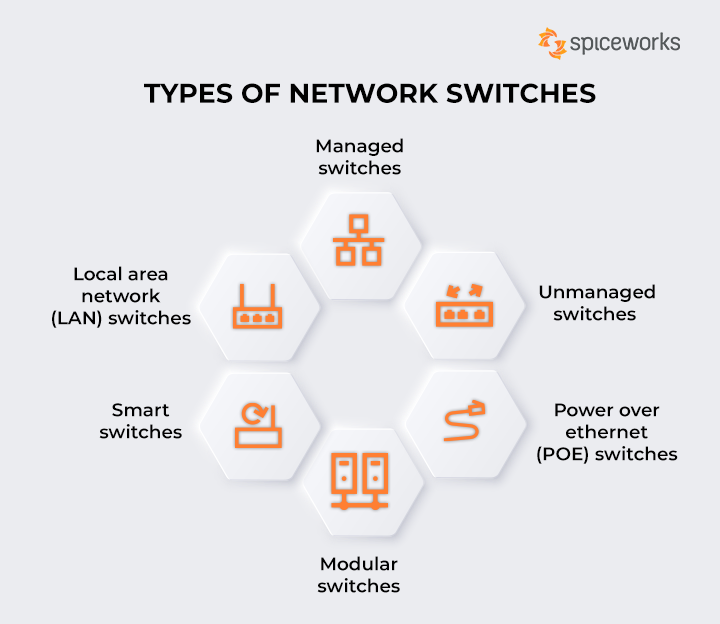South Africa, a nation known for its breath-taking landscapes and vibrant culture, is also increasingly connected to the digital world. This digital landscape offers immense benefits, from facilitating communication and business to providing access to information and entertainment. However, this connectivity comes with a growing threat: cybercrime.

Cybercrime is a global problem, but South Africa faces unique challenges. Here, we’ll delve into the current state of cybercrime in South Africa, explore the most common threats, and provide essential tips to stay safe online.
The South African Landscape:
South Africa has witnessed a significant rise in cybercrime in recent years. The country boasts a high internet penetration rate, making it a lucrative target for cybercriminals. According to a 2023 report by CSIR, cybercrime costs the South African economy billions of rand annually. This highlights the urgency of addressing this growing menace.
The South African government has taken steps to combat cybercrime. The Cybercrimes Act of 2021 established a legal framework to investigate and prosecute cybercrime offenses. However, effective enforcement and raising public awareness remain crucial steps in the fight against cybercriminals.
Common Cyberthreats in South Africa:
Understanding the most prevalent cyber threats in South Africa can help individuals and businesses better protect themselves. Here are some of the most common ones:
- Phishing: Phishing scams attempt to steal personal information or login credentials by mimicking legitimate entities like banks, credit card companies, or even government agencies. They often involve emails, SMS messages, or even fake websites designed to trick users into revealing sensitive data.
- Malware: Malicious software, commonly known as malware, encompasses a wide range of threats, including viruses, worms, ransomware, and spyware. Malware can infect devices, steal data, disrupt operations, or even hold systems hostage for ransom.
- Social Engineering: Social engineering exploits human psychology to manipulate victims into revealing sensitive information or taking actions that compromise their security. This can involve impersonating someone trustworthy, creating a sense of urgency, or exploiting fear tactics.
- Online Fraud: Online fraud schemes can target individuals or businesses. Examples include online shopping scams, fake investment opportunities, or online payment scams.
- Identity Theft: Identity theft occurs when someone steals personal information like your name, ID number, or credit card details and uses them for fraudulent purposes. This can have severe financial and legal consequences.
Staying Safe in the Digital Age:
Cybercriminals are constantly evolving their tactics, so staying vigilant and practicing safe online habits is critical. Here are some fundamental security measures you can take:
- Be Wary of Unsolicited Communication: Don’t click on suspicious links or attachments in emails or SMS messages, even if they appear to be from a legitimate source. Be cautious of unsolicited offers and always verify the sender’s identity before engaging.
- Strong Passwords & Multi-Factor Authentication: Use strong, unique passwords for all your online accounts and enable multi-factor authentication wherever available. This adds an extra layer of security beyond just your password.
- Software Updates: Keep your operating system, software, and applications updated with the latest security patches. These updates often address vulnerabilities that cybercriminals exploit.
- Beware of Public Wi-Fi: Public Wi-Fi networks are often unsecured and open to eavesdropping. Avoid accessing sensitive information like bank accounts or credit card details while connected to public Wi-Fi. Consider using a VPN for added security.
- Data Backups: Regularly back up your important data on a separate drive or cloud storage to protect yourself from data loss due to malware attacks or hardware failures.
- Be Skeptical Online: Don’t share excessive personal information online, especially on social media. Be discerning about the information you share and be cautious about who you connect with online.
Empowering Yourself:
Knowledge is power. Staying informed about cyber threats and regularly reviewing best practices can significantly improve your online security posture. Here are some resources you can utilise:
- South African Police Service (SAPS): The SAPS website offers information on cybercrime and reporting procedures (https://www.saps.gov.za/alert/cybercrime_prev_tips.php).
- Cybercrime.org.za: This portal provides resources and information on cybercrime in South Africa (https://cybercrime.org.za/).
- Government Initiatives: The South African government has launched various initiatives to raise awareness of cybercrime, including awareness campaigns and educational programs.
Conclusion:
Cybercrime is a complex and evolving threat in South Africa. However, by taking necessary precautions and staying informed, individuals and businesses can significantly reduce the risk of falling victim to these attacks. By working together, we can create a safer and more secure digital environment for everyone in South Africa.




Leave a Reply
You must be logged in to post a comment.